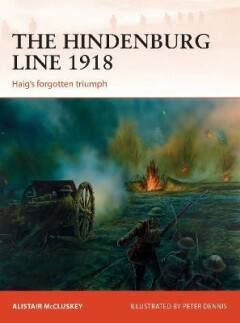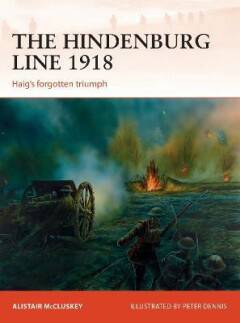
- Retrait gratuit dans votre magasin Club
- 7.000.000 titres dans notre catalogue
- Payer en toute sécurité
- Toujours un magasin près de chez vous
- Retrait gratuit dans votre magasin Club
- 7.000.000 titres dans notre catalogue
- Payer en toute sécurité
- Toujours un magasin près de chez vous
Description
From September 26 until October 6, 1918, the Allied armies in France, led by British army commander Sir Douglas Haig, launched their biggest ever combined offensive on the Western Front of World War I. Two million troops of the British, French, American, and Belgian Armies launched four attacks in rapid succession across a 250km front between the Argonne and Flanders. This huge assault drove the German Army from its last fully prepared defensive position west of the German border and ensured that the War ended in 1918.
The impact of this defeat had a shattering effect on the Germans. Their army admitted for the first time that an armistice was required to save it from annihilation, peace feelers were sent out to the Americans and the Kaiser began the process of democratizing Germany. Although these decisive results were to a large extent consequences of the battle of the Hindenburg Line, the subsequent controversies over the conduct of the war meant that it went unheralded and has remained Haig's forgotten triumph.Spécifications
Parties prenantes
- Auteur(s) :
- Editeur:
Contenu
- Nombre de pages :
- 96
- Langue:
- Anglais
- Collection :
- Tome:
- n° 315
Caractéristiques
- EAN:
- 9781472820303
- Date de parution :
- 24-10-17
- Format:
- Livre broché
- Format numérique:
- Trade paperback (VS)
- Dimensions :
- 183 mm x 246 mm
- Poids :
- 340 g







